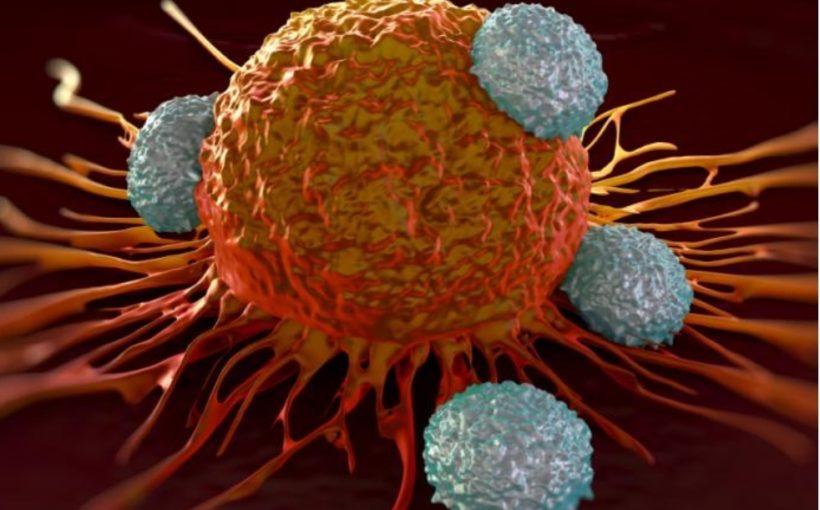Scientists identified a highly specific and unique biomarker for the disease by using a variation of “programmable phage display” technology. Their refined version of this technology simultaneously screens more than 700,000 autoantibody targets across all human proteins.
Using this powerful tool, the UCSF researchers evaluated cerebrospinal fluid from a 37-year-old man who had a history of testicular cancer and debilitating neurological symptoms, including vertigo, imbalance and slurred speech. The enhanced phage technology identified autoantibodies targeting Kelch-like protein 11 (KLHL11), which is found in the testes and parts of the brain.
These results were correlated and validated with additional patient samples from the Mayo Clinic. In addition to identifying the cause of this mysterious neurological disease, the results point the way to using this protein biomarker as a diagnostic test for men with testicular cancer-associated paraneoplastic encephalitis.
“Mayo Clinic’s Neuroimmunology Laboratory has a long history of biomarker discovery, and this continues that tradition, bringing together Mayo Clinic’s biobank, the largest repository of biospecimens in the world, with advanced technologies being devised and implemented at UCSF and CZ Biohub,” says Sean Pittock, M.D., a Mayo Clinic neurologist and corresponding author of the study. “By working together, our organizations have the potential to make biomarker discoveries much more rapidly.”
Dr. Pittock is director of Mayo Clinic’s Neuroimmunology Laboratory and the Marilyn A. Park and Moon S. Park, M.D., Director of the Center for Multiple Sclerosis and Autoimmune Neurology.


